How to eat your way to better sleep, and what to avoid
Studies suggest cottage cheese and kiwi fruit can improve your slumber but you might want to swap camomile tea for a camomile bath.
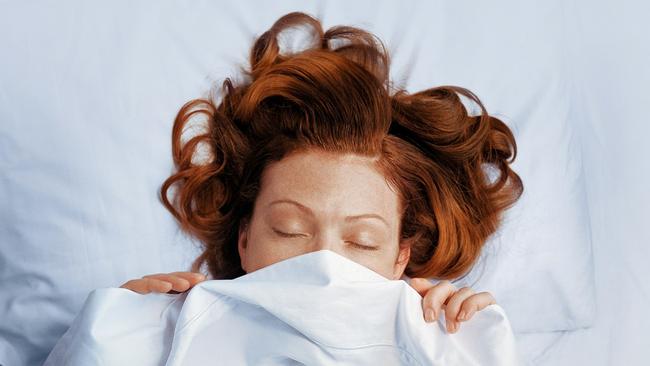
Can you really eat or drink your way to better sleep? It would certainly be a simple solution for the one in five Britons estimated to have trouble sleeping. The good news is that recent studies have shown there are dietary changes we can make that might help us to drop off more quickly and sleep more soundly.
Recent research published in the science journal Nutrients has shown that consuming ultra-processed foods (UPFs) significantly raises the risks of insomnia. A previous study in the American Journal of Clinical Nutrition reported that those who ate the most high-glycaemic index foods and processed foods such as ready meals and sugary snacks were 11 per cent more likely to have insomnia than those whose diets contained more wholesome fruit, vegetables and whole grains.
“There’s plenty of evidence that when people eat a broadly healthy diet rich in healthy fats, foods containing sleep-friendly nutrients and plenty of fibre, they do sleep better at night,” says Dr Linia Patel, a registered dietitian and researcher in the department of clinical sciences and community health at the Universita degli Studi di Milano in Italy.
“Conversely, highly processed foods can adversely affect your deep sleep patterns.”
Here’s what science says will (and won’t) help you to sleep better.
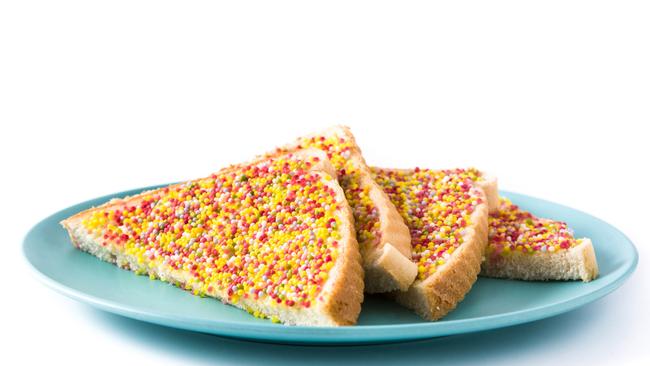
TOO MUCH SUGAR (AND TOO MANY WHITE CARBS) CAN DISRUPT SLEEP
High intakes of sugar have been linked to higher rates of insomnia by researchers. In one study involving 50,000 women at Columbia University medical school, researchers showed that those who ate the most refined carbs, but particularly added sugars, were more likely to sleep poorly.
Writing in the American Journal of Clinical Nutrition, James Gangwisch, an assistant professor at the College of Physicians and Surgeons at Columbia, reported that sugars and refined carbs such as white bread, white rice or fruit juice cause rapid changes in blood sugar, which may be implicated in insomnia.
“When blood sugar is raised quickly [after eating sugar and white carbs], your body reacts by releasing insulin, and the resulting drop in blood sugar can lead to the release of hormones such as adrenaline and cortisol, which can interfere with sleep,” Gangwisch said.
ULTRA-PROCESSED FOODS CAN LEAD TO CHRONIC INSOMNIA
UPFs could be associated with chronic insomnia, according to the authors of a study published in the Journal of the Academy of Nutrition and Dietetics last year. Dr Marie-Pierre St-Onge, a researcher in the Centre of Excellence for Sleep and Circadian Research at Columbia University and co-author of the paper, examined data from more than 39,000 French adults and found that those who reported chronic insomnia consumed a higher percentage of their daily calorie intake from UPFs such as ready meals and processed snacks.
St-Onge said her team had “previously reported associations of healthy dietary patterns, like the Mediterranean diet, with a reduced risk of insomnia and poor sleep quality”.
Rob Hobson, a nutritionist and the author of Unprocess Your Family Life, says high intakes of UPFs have also been associated with low mood and raised anxiety.
“Diets high in UPFs are typically low in fibre, which feeds good bacteria in the gut,” Hobson says. “Fibre helps to produce short-chain fatty acids that play an important role in brain function and mood, which can also impact how we sleep.”
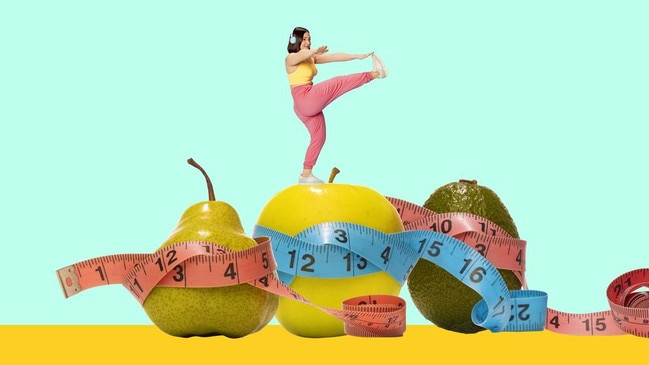
MAGNESIUM SUPPLEMENTS FOR SLEEP – DO THEY REALLY WORK?
Most midlifers I know who are poor sleepers pop a magnesium supplement in the belief that it will fix their sleep problems. Magnesium plays a critical role in many of the body’s physiological functions, such as supporting immune health, blood sugar regulation and muscle function. It has been suggested in some studies, including a 2021 paper in Complementary Medicine and Therapies, that a deficiency of the mineral changes levels of sleep-inducing hormones such as melatonin in the body.
So, will taking a supplement improve sleep quality?
“Sleep is heavily influenced by the activity of the neurotransmitter GABA [gamma-aminobutyric acid], which has a calming effect on the mind,” says Kevin Morgan, emeritus professor of psychology at Loughborough University’s Clinical Sleep Research Unit. “Since magnesium is involved in GABA production, sleep will suffer if you are magnesium deficient.”
But the jury is out on whether extra magnesium helps those people who already get enough in their diets from foods including nuts and seeds, leafy greens, pulses, yoghurt and fish.
“The bottom line is that clinical trial evidence is equivocal,” Morgan says. “So far that means magnesium supplementation is not a magic bullet for sleep.”
VITAMIN B6 IS A POPULAR SUPPLEMENT FOR INSOMNIA. DOES IT REALLY HELP?
A popular ingredient in commercial sleep remedies, vitamin B6 is involved in the functioning of the brain. The NHS says we need 1.4mg (men) and 1.2mg (women) of B6 daily, which can be found in foods such as peanuts, pork, oats, bananas, milk, soya beans, wheatgerm and poultry as well as in yeast extracts such as Marmite.
Scientists at the University of York found that participants given a 100mg daily supplement of B6 – well above the average intake but matching levels widely available in commercial supplement form – experienced raised levels of GABA and a significant reduction in anxiety. In theory, the effect on GABA levels and stress might influence sleep in a small way.
“Other studies have shown that supplements containing vitamin B complex, or a range of B vitamins, make people feel more tired in the mornings whereas vitamin B6 alone did not have this negative effect,” Morgan says.
“It’s hardly a ringing endorsement and overall there is no strong evidence that a vitamin B6 supplement will solve your sleep problems, although foods rich in the nutrient will enhance overall health.”
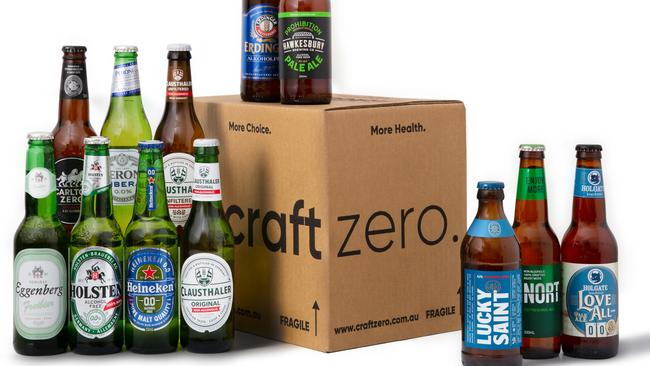
NON-ALCOHOLIC BEER (AS OPPOSED TO A SOFT DRINK) CAN HELP SLEEP
Beer can leave you feeling bloated and, as with all forms of alcohol, one too many will adversely affect sleep quality – it may help you to drop off more quickly but the alcohol in your system means you spend less time in the important rapid eye movement (REM) stage of sleep. Dehydration and digestive issues linked to too much alcohol can amplify sleep disruptions, meaning you wake up feeling less refreshed after a few drinks.
So it may be worth trying an alcohol-free version. Spanish researchers reporting in the Acta Physiologica Hungarica journal found students who consumed a single bottle of non-alcoholic beer with their evening meal reported falling asleep more quickly and having better sleep quality than a control group who drank a soft drink.
The scientists attributed this to the mild sedative properties of the hops used to make the beer. Consume too many of these, though, and you may still be up and down to the loo more often than usual.
VALERIAN EXTRACT CAN IMPROVE SLEEP QUALITY
The root of one variety of the flowering plant valerian (Valeriana officinalis) is used as a sleep aid in traditional herbal medicine and is a common ingredient in sleep supplements and blended sleep teas.
Some studies have shown that it can provide temporary relief of sleep disturbances. A paper published in Advances in Therapy last year showed that healthy young adults who took a valerian supplement daily for eight weeks reported improvements in overall sleep quality and total sleep time, and were waking up feeling more refreshed the next day.
However, a separate 2024 review of available evidence published in the journal European Neuropsychopharmacology reported that the evidence for its effectiveness on sleep is “very weak”.
“There is little to no firm evidence for the efficacy of valerian as a sleep aid,” Morgan says.
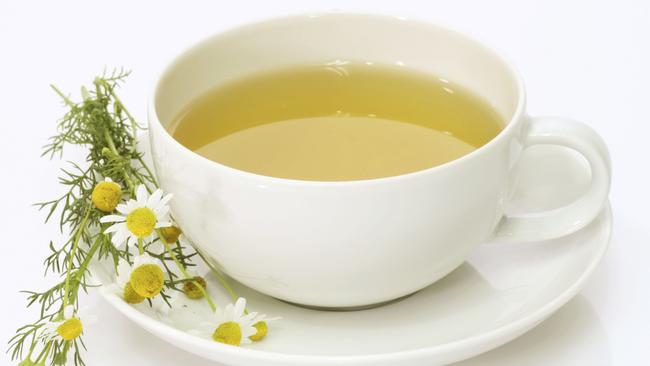
CAMOMILE – TRY A BATH RATHER THAN TEA
Camomile tea, derived from a herb that belongs to the daisy family, has a longstanding reputation as a sleep aid due to its mild sedative effects. Does it work?
According to Morgan “there is little or no evidence that it works as a sleep inducer, but if you like the taste of it by all means consume it as part of your regular ritual”.
If you are a light sleeper, it is not a great idea to start taking a mug of herbal tea before bed as it is likely to have you needing the loo during the night.
“If you’re primarily looking for its sedative effects, adding camomile oil drops to a warm bath could be a better alternative for relaxation without the risk of disrupting your sleep by waking up and going to the loo,” Patel says.
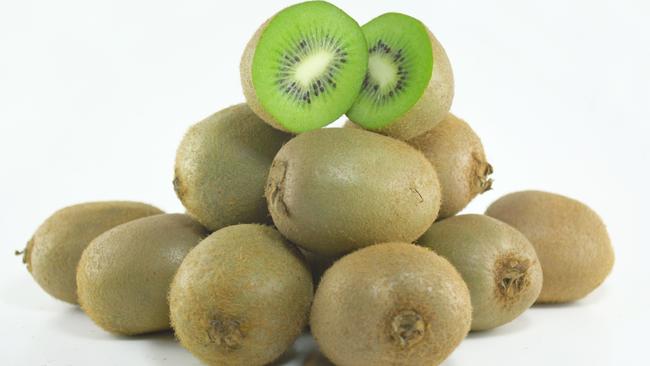
EAT MORE KIWI FRUIT
Team GB athletes competing at the Paris Olympics were advised by nutritionists to make kiwi fruit a diet staple. Why? Because it contains large amounts of the hormone melatonin, which plays a role in circadian rhythm regulation.
In a 2023 study in the journal Nutrients, researchers from Northumbria University’s sleep Research Centre, the University of Limerick and Sports Ireland Institute in Dublin asked a group of elite athletes to consume two kiwis an hour before bed and track their sleep patterns during a month-long trial.
The results suggested the fruit did have positive effects, with participants reporting better total sleep time, reduced number of awakenings in the night and enhanced recovery from exercise and general stress.
It could do the same for you, with the authors of the paper saying their findings “broadly suggest that kiwi fruit does impact positively on sleep and recovery”.
TURKEY, EGGS AND SOYA CONTAIN AMINO ACIDS THAT BOOST SLEEP
Foods rich in tryptophan, an amino acid long associated with better sleep, are widely available in our diet through foods like poultry, beef, eggs, soya beans, meat and seafood.
“Like magnesium, tryptophan plays an important role in the sleep pathway as it helps the body to produce serotonin which, in turn, leads to more of the sleep promoting hormone melatonin,” Morgan says.
“There is some evidence that tryptophan has sedative properties but in order to achieve these mild effects, it has first to cross the ‘blood brain barrier’ where it is easily blocked by other, competing, amino acids so the effect isn’t huge.”
Turkey’s reputation as the best provider of tryptophan in the diet is undeserved. “Turkey meat contains no more tryptophan than many other common meat sources including beef, chicken and prawns,” Morgan says.
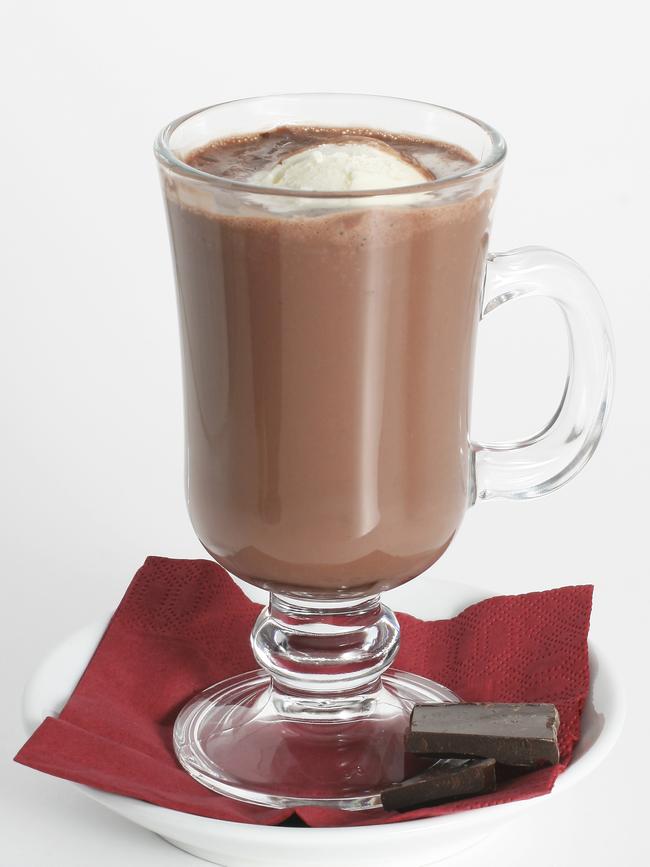
TRADITIONAL WARM MILK OR COCOA REALLY HELPS
It’s what grandmothers have always recommended and there is some evidence that it might really help. For starters, milk contains tryptophan, but in a 2021 study, scientists reporting in the Journal of Agricultural and Food Chemistry discovered that a mixture of milk peptides called casein tryptic hydrolysates possibly help to relieve stress and enhance sleep.
“A glass of warm milk or cocoa can be soothing and relaxing as part of a bedtime ritual,” Patel says.
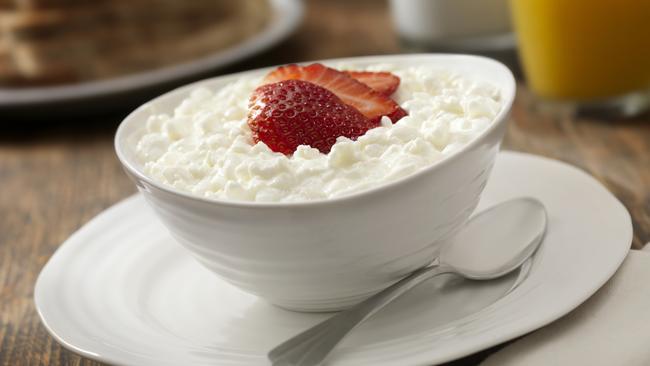
EATING CHEESE WON’T GIVE YOU NIGHTMARES – IT MAY EVEN HELP SLEEP APNOEA
The good news for cheese lovers is that cheese won’t sabotage your sleep. “It’s a bit of a myth that it causes nightmares and prevents good sleep,” Morgan says. In fact, cheese could even help you to sleep better.
Researchers reporting in the Sleep Medicine journal recently found that nutrients in cheese had a positive impact on markers in the body linked to sleep apnoea, a condition that causes your breathing to stop and start while you sleep. A symptom of sleep apnoea is loud snoring that can affect sleeping patterns of both the person with the condition and their partner.
In this study of 400,000 people, including participants from the UK, people who ate cheese had a 28 per cent lower risk of sleep apnoea.
Cottage cheese, which contains tryptophan, is good to add to the sleep diet. “I am a big fan of eating 30g – about two tablespoons – of protein-rich cottage cheese 30-60 minutes before going to bed to help with boosting tryptophan levels and possibly aiding sleep as part of your overall lifestyle,” Patel says.
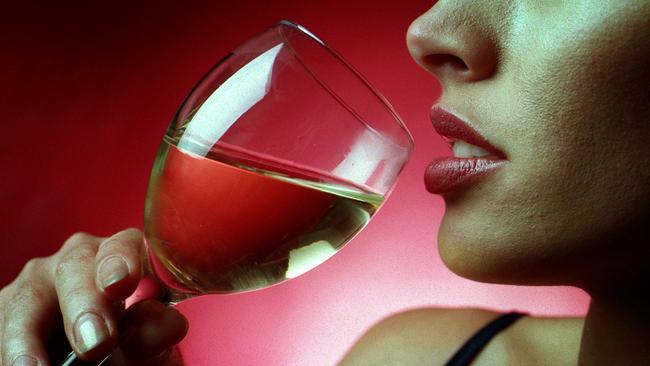
ALCOHOL IS WORSE FOR WOMEN’S SLEEP THAN MEN’S
Alcohol affects men and women differently, even if a woman is the same weight as a man, she will have a higher blood alcohol level after drinking the same amount. According to the charity Drinkaware, this is down to female physiology – the relatively higher proportion of body fat and fluid in a woman’s body means alcohol is metabolised more quickly and has a faster-acting effect on women.
Researchers in behavioural sleep at the University of Michigan found that between men and women who had a drink before bed, it was the women who slept less well.
Participants in their trial were asked to drink bourbon or vodka mixed with caffeine-free Coke until their blood alcohol concentrations (BAC) reached 0.1 (a level of 0.08 would fail a breathalyser test) and then to go to bed for eight hours.
During that time their brain waves, eye movement and other sleep markers were monitored and they were asked to rate their own sleep quality the next day.
Results showed the alcohol had a relatively minor impact on men’s sleep patterns, whereas the women in the study slept for nearly 20 minutes less and more intermittently than they did when they were sober.
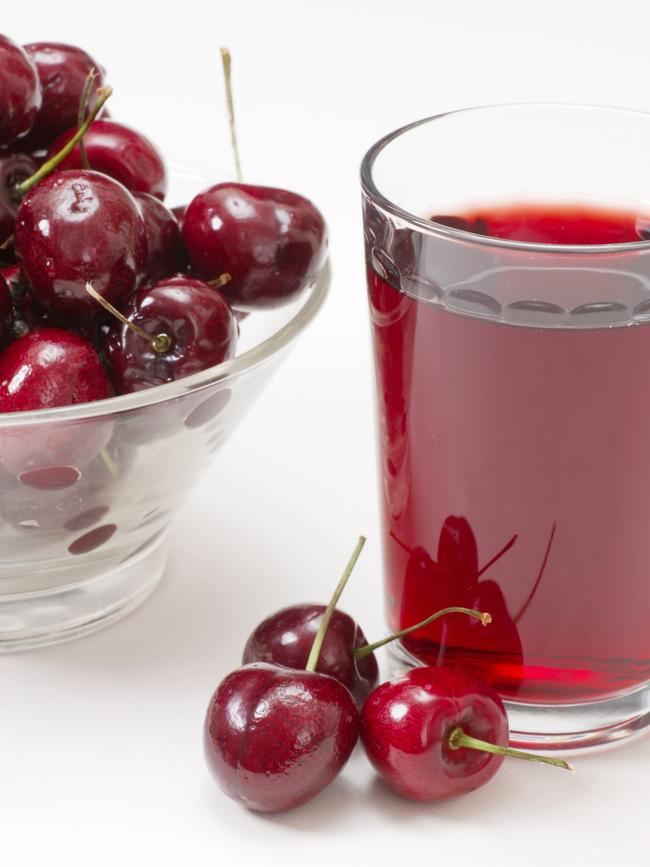
A SMALL CHERRY SHOT MAY HELP YOU SLEEP FOR LONGER
Sour-tasting Montmorency cherry juice, sold commercially as shots (such as Elite Performance Cherry, £36.54 ($72.50) for 24 sachets, or Cherry Active, £9.99 for 30ml) contains small amounts of melatonin, a substance that is key in regulating the sleep-wake cycle and helps with sleep regulation.
Glyn Howatson, a professor in Human and Applied Physiology at Northumbria University, published findings in the European Journal of Clinical Nutrition that showed taking a 30ml shot of tart cherry juice daily for seven days helped to boost circulating levels of melatonin, improving sleep duration and quality in healthy people more effectively than a placebo.
Cherry shots “might be of benefit in managing disturbed sleep”, Howatson concluded.
The Times


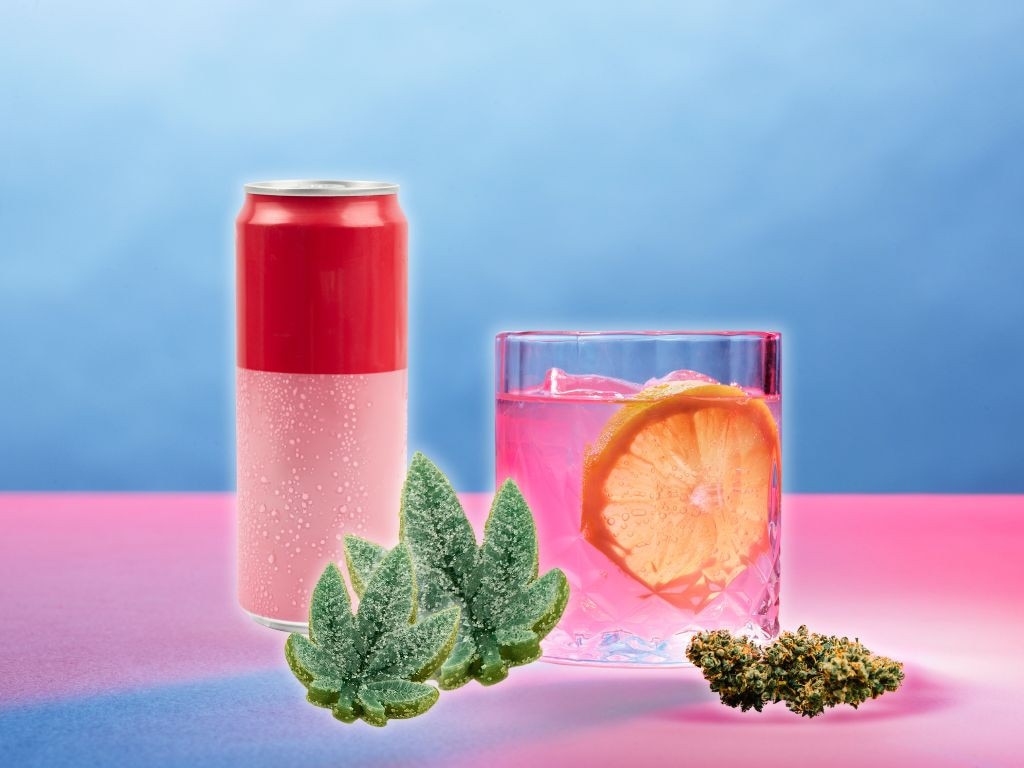
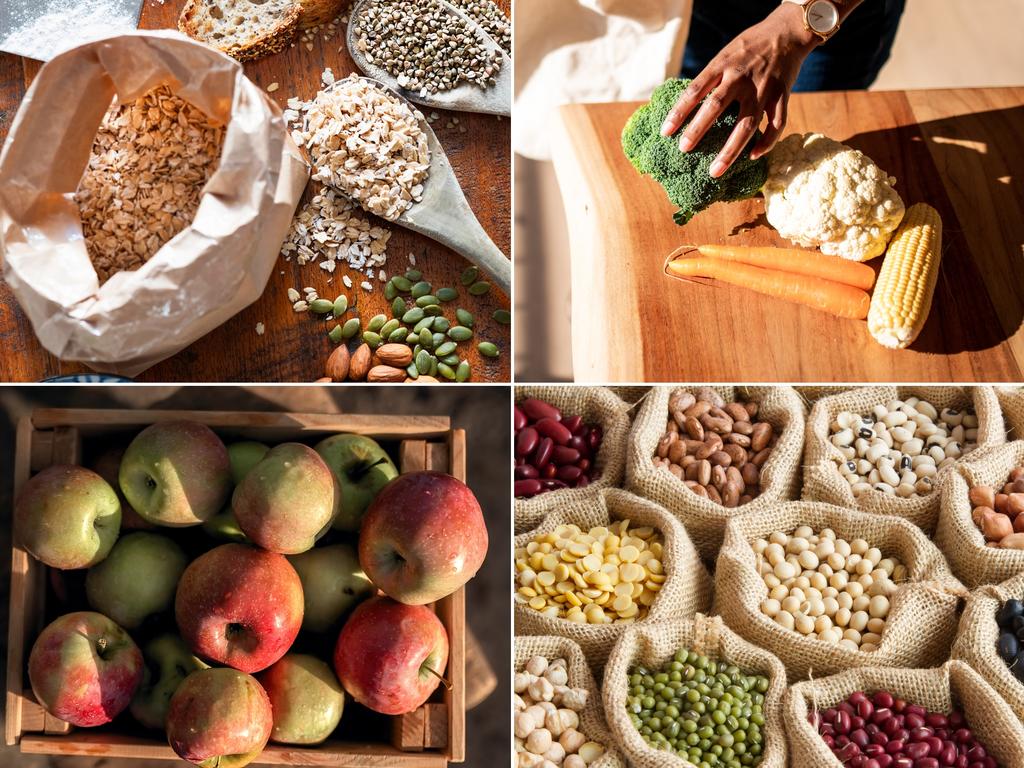

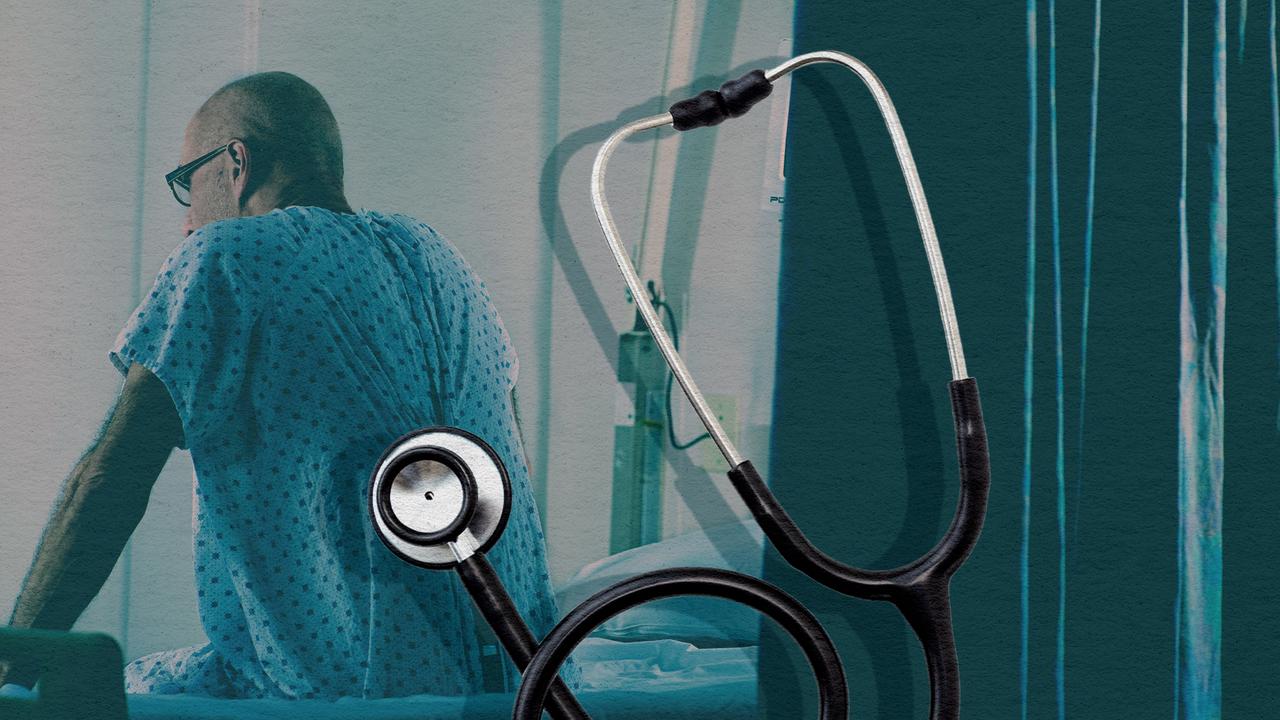
To join the conversation, please log in. Don't have an account? Register
Join the conversation, you are commenting as Logout